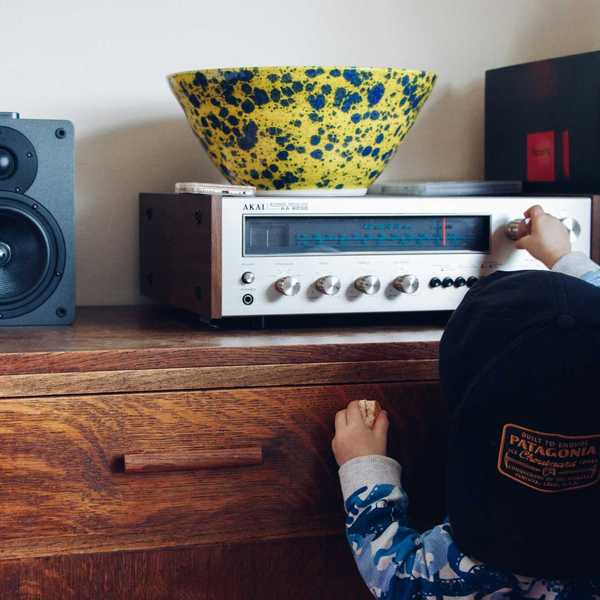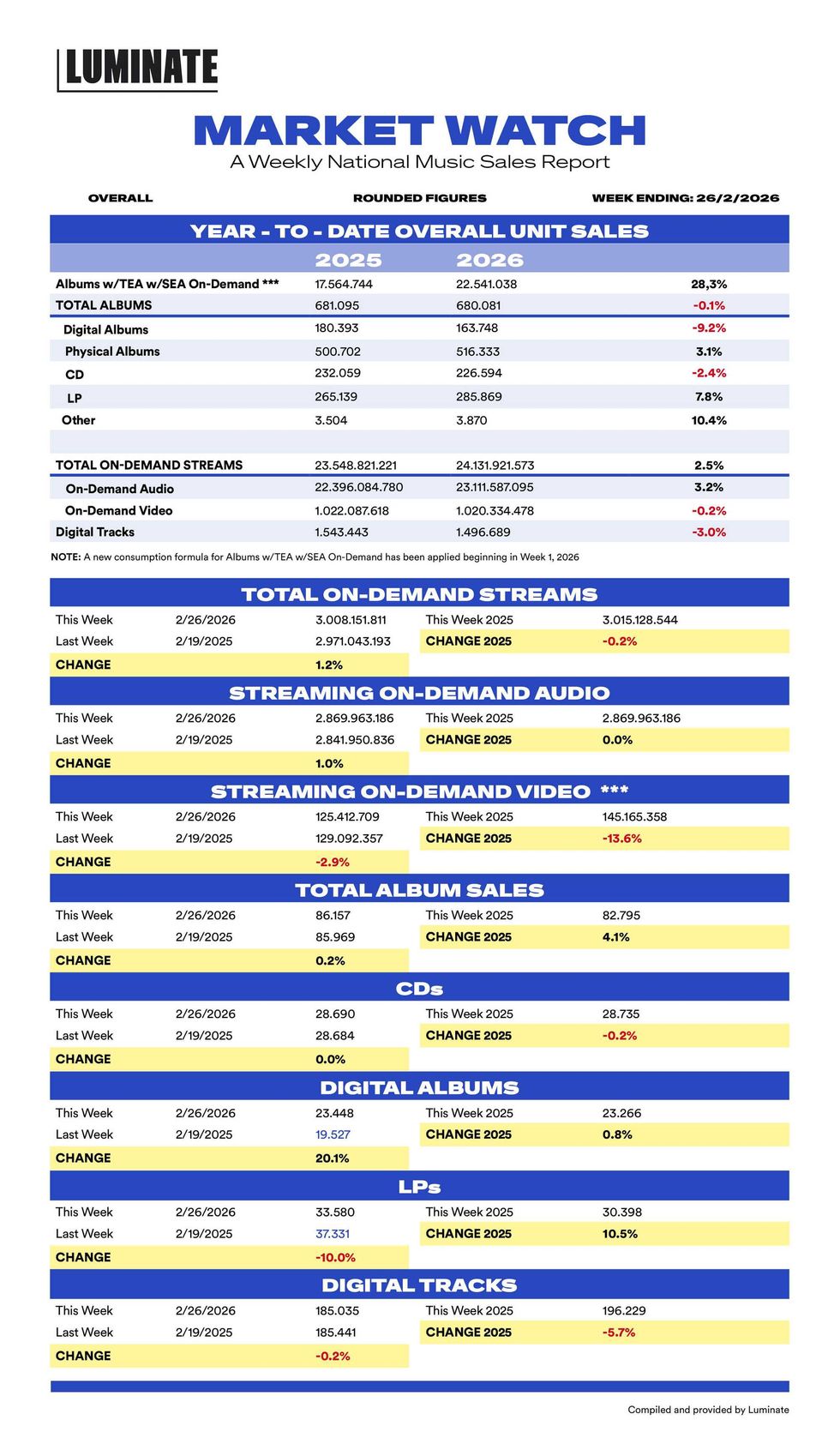Nine Canada-Based Music 'Streaming Manipulation' Sites Taken Down After IFPI Complaint
IFPI and Music Canada filed a legal complaint with the Canadian Competition Bureau, stating that the nine sites were selling fake streams to boost play counts on streaming services.

Nine sites that were selling fraudulent streams have been taken offline, according to IFPI and Music Canada.
IFPI, the worldwide recording industry association, and Music Canada, a trade group that represents major Canadian labels, filed a legal complaint with the Canadian Competition Bureau against the sites, accusing them of selling false plays and streams to manipulate streaming service data. The nine connected sites, the most popular of which used the domain name MRINSTA.com, have since gone offline (though you can still see them via the Wayback Machine).
“Streaming manipulation has no place in music," states Lauri Rechardt, the IFPI's Chief Legal Officer. "Perpetrators and enablers of streaming manipulation cannot be allowed to continue to divert revenue away from the artists who create the music."
As streaming has grown in popularity, so have efforts to game their royalties models. Vancouver-based fraud detection software company Beatdapp estimates that as many as 10% of music streams are fake. Fake streams are often generated through streaming farms, which use bots to automatically stream particular songs and boost their stats.
Given that most major streaming services require artists to have large stream counts in order to receive more than nickels and dimes in royalties, incentives to increase streaming numbers are high. Spotify recently announced a new royalties model, in which tracks that are streamed fewer than 1,000 times annually will not earn royalties. Instead, their royalties will be added to the greater royalty pool, from which payments are allocated based on a royalty-share system. Luminate's 2023 year-end report found that 463,000 tracks were streamed one million or more times last year, while 152.2 million were streamed 1,000 times or fewer.
The new model also has some measures to protect against fraudulent streams. Labels and distributors will have to pay 10 euros for a song that has 90% or more of its streams determined to be false. Non-music noise tracks, also a popular method of amassing streams, will only count for a fifth of a music track's royalty share, and they must be two minutes long to qualify at all.
Canada recorded 145.3 billion streams in 2023.


















